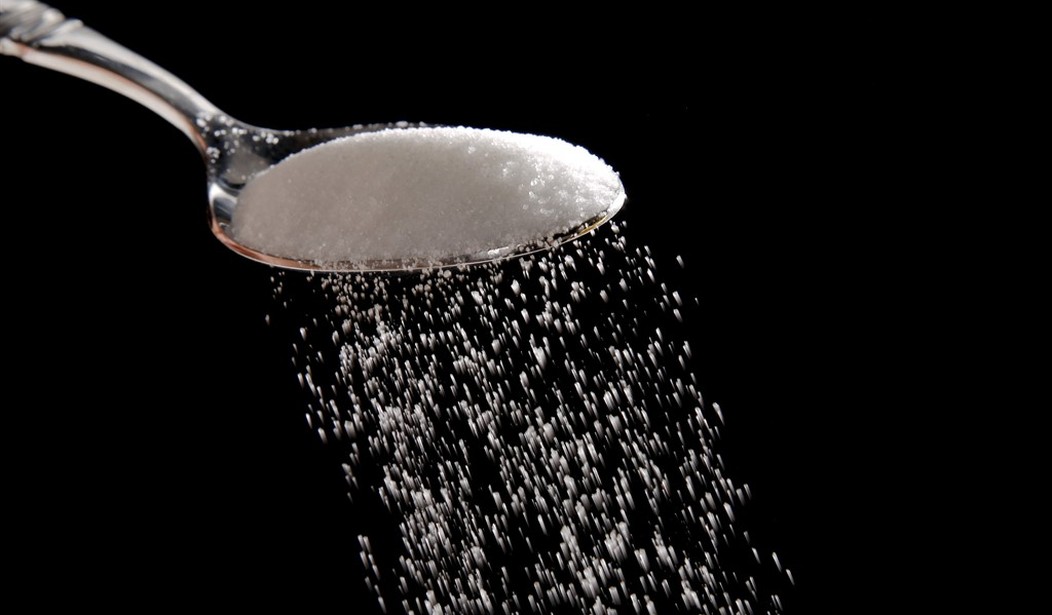The Food and Drug Administration (FDA) is coming for your “healthy” frozen meals and other products labeled as healthy. The FDA plans to change the rules for nutrition labels that go on the front of food packages to indicate that they are “healthy.” Food companies are pushing back by arguing that the new standards are draconian. They say most current food products won’t make the cut and product reformulations will be unappealing.
Conagra Brands makes and sells products under various brand names that are available in supermarkets, restaurants, and food service establishments. For example, it makes Healthy Choice frozen meals and entrees. For more than 30 years, consumers have purchased that brand, so much so that it represents “60% of sales of all products labeled as “healthy” in the market today, with more than 200 million meals sold last year.” The new regulations would completely change the product, according to Conagra. Dozens of other food manufacturers and industry organizations have joined Conagra in its objections.
“It is our strong conviction that if FDA’s proposal is adopted in its current form, companies like Conagra will have every incentive to shift their innovation efforts away from products labeled as ‘healthy’ and towards less healthy options,” the company wrote in comments to the FDA last month.
Nice healthy meal you have there. It’d be a shame if it had to go away. If companies can’t make and sell foods now labeled as healthy on the package labels, they will just have to move on to selling less healthy products. That is what it sounds like. The FDA is targeting specific nutrients, such as sodium, saturated fats, and added sugars.
For years, nutritionists and other food experts have warned against eating too much salt, sugar, and saturated fats in our diets. It’s sugar that is the big stumbling block now for food manufacturers. In its previous rules, the FDA put limits on sodium and saturated fats but not on added sugars. The new restrictions would disqualify most packaged foods from being labeled as healthy on its packaging.
The Consumer Brands Association, which represents 1,700 major food brands from General Mills to Pepsi, wrote a 54-page comment to the FDA in which it stated the proposed rule was overly restrictive and would result in a framework that would automatically disqualify a vast majority of packaged foods.
“We are particularly concerned by the overly stringent proposed added sugars thresholds. We appreciate FDA’s interest in assessing added sugars intake. We believe, however, that FDA’s restrictive approach to added sugars content in foods described as healthy is unwarranted and outside FDA’s authority given the lack of scientific consensus on the relationship between sugar intake and diet-related disease,” the association stated.
The proposed rule, if finalized, they said, would violate the First Amendment rights of food companies and could harm both consumers and manufacturers.
Campbell Soup is more focused on sodium limits but the Sugar Association objects to the added sugar limit. The snack food industry and the International Dairy Foods Association raise objections that foods now thought of as healthy will not be under the FDA’s new rules.
SNAC International, which represents the snack industry, has said the new proposed rules are too restrictive, and the International Dairy Foods Association said the FDA’s definition of healthy is out of alignment with other well-established nutrition policies and health professional recommendations, and that things like low-fat chocolate milk and cottage cheese wouldn’t make the cut with the new rules.
Virtually every part of the food industry appeared disgruntled. (Here are the 402 comments about the proposed rule.) Baby food company Happy Family Organics said the proposed rule probably would lead to an unintended exclusion of some nutrient-rich products. And the American Cheese Society took a more philosophical approach, saying the word “healthy” isn’t that helpful on a label and should be used in a complete diet or lifestyle context rather than in a nutrient or single food-focused context.
When saturated fats and sodium are limited, the taste of the food product changes. Manufacturers add sugar to alter the taste. The FDA doesn’t even think that the new rules will change consumer behavior. Yet, the agency persists. Are package labels on the product’s nutrition information effective? According to a new analysis in the Journal of Public Policy and Marketing, no, the labeling is not very effective at all. The study shows the information isn’t usable to consumers, with the exception of graphic warning labels. In the international arena, graphic warning labels are effective.
The authors found that the most effective means of conveying nutrition information is a graphic warning label, as has been adopted in Chile, Peru, Uruguay, Mexico and Israel. In Chile, black warning labels shaped like stop signs are required for packaged food and drinks that exceed, per 100 grams: 275 calories, 400 milligrams of sodium, 10 grams of sugar or four grams of saturated fats.
Apparently, black stop signs work on the international level. So, those types of labels are recommended for American food products by the American Heart Association, the Association of the State Public Health Nutritionists, and others.
The focus is primarily on added sugars with the proposed new rules.
The FDA’s goal is to be in line with the most recent dietary guidelines, which suggested Americans 2 years old and older keep their intake of added sugars to less than 10 percent of total daily calories — so, for a 2,000-calorie diet, that’s no more than 200 calories from added sugars. Under the FDA’s proposed rule, grains and dairy products could contain only 2.5 grams of added sugar per serving, and other products such as fruits, vegetables, meats, nuts and eggs could not contain any added sugar.
We’ll see if the FDA gets its proposed rules pushed through. Big Sugar has proven to be powerful in the past. No doubt Conagra Brands and other food manufacturers have powerful lobbyists working for them, too.








Join the conversation as a VIP Member